About the Company:
DAI works on the frontlines of global development by transforming ideas into action—action into impact. We just celebrated our 50th anniversary as a global development company with corporate offices in the United States, the United Kingdom, Brussels, EU, Nigeria, Pakistan, and Palestine and development projects across 150 countries. We tackle fundamental social and economic development problems caused by inefficient markets, ineffective governance, and instability. We are committed to shaping a more livable world.
DAI is a water security, sanitation, and hygiene (WSSH) sector leader with a dedicated team in DAI headquarters, and current and recent flagship USAID programs in Haiti, Indonesia, Kenya, Lebanon, Philippines, Nepal, and the Africa Regional WALIS Program. We have additional, and significant, WASH activities under our governance programs in Guatemala, Iraq, and Mozambique, among others. We recognize that societies get the greatest health and economic benefits from water and sanitation when we leverage benefits within and across sectors (and across our projects) and when local stakeholders are at the center of the decision-making process and part of a collaborative implementation approach.
USAID Project Background:
The five-year (2023-2028) USAID Sustainable, Transformational, and Accessible Water Interventions (STAWI) Activity will work alongside county governments across nine counties to advance water security for social, economic, and environmental needs, helping to reverse historic neglect and enabling USAID and the Government of Kenya to achieve their ambitious objectives for inclusive economic growth while building resilience to the region’s unique shocks and stresses. At the end of five years, targeted county governments, water service providers (WSPs), and water users will have the information, incentives, and partnerships to identify and address barriers to a water-secure future among the most water-stressed and vulnerable communities in Kenya.
The activity is actively working toward four objectives:
· Objective 1: Improve governance of water resources and services
· Objective 2: Increase sustainability of water service delivery
· Objective 3: Improved management, efficiency, and equitable access to water used for productive purposes
· Objective 4: Improved collaboration and learning across stakeholders and strengthened capacity of county governments for learning and adaptation
Objectives of the assignment
STAWI will be working in a complex environment of humanitarian and development activities, with multiple government institutions and donors active in the counties. A central part of STAWI’s Collaboration and Learning objective will be to support Kenya’s Council of Governors (COG) to function as a more effective coordination platform among national institutions for such topics as water resource management, rural water regulation, and infrastructure management. In addition, STAWI will support coordination among donor activities to ensure that learning and best practice are shared, and that the COG has the information it needs for decision-making. The COG and Donor Coordination Officer will support the COP and the Learning and Adaptation Advisor to ensure that this coordination is timely, efficient, and responsive to the needs of the COG and STAWI.
- Support the COP and Learning and Adaptation Advisor in the development and execution of coordination strategies and actions plans
- Conduct, or update, stock-taking of relevant donor activities in STAWI counties, developing and maintaining contact lists and activity overviews
- Establish and maintain appropriate levels of contact with the CoG Secretariat and the Water, Forestry and Mining and ASAL committees of the COG
- Establish and maintain contact with the Resilience Learning Activity as a way to coordinate with existing coordination platforms in the STAWI counties including the Partnership for Resilience and Economic Growth (PREG) and Southeastern Kenya (SEK) Coordination Mechanism.
- As directed, help to generate, edit, and share information such as lessons-learned and policy briefs with the Secretariat.
- Provide support for joint work-planning, data and knowledge-sharing with these other platforms and activities, including NAWIRI, RAPID Plus, and REACH, as requested by the Learning and Adaptation Advisor.
- As requested by USAID, support to donor coordination meetings and other Mission events.
- Organize and support meetings, including high-level meetings, with organizational, logistical, and administrative support.
- Provide note-taking and facilitation support, and develop meeting briefs.
- Bachelor’s degree in social science, public administration, environmental engineering, environmental sciences, environmental management, water, economics, public policy, natural, earth, or physical sciences, or business administration or other relevant field.
- Minimum three (3) years of professional work experience in planning, programming, and implementation of programs focused on water and agriculture activities required. Experience working in a humanitarian context is preferred.
- Strong oral and written communication, analytical, interpersonal, attention to detail, organizational, and team management skills required.
- Strong facilitation and learning skills required.
- Understanding of the Northern and/or Southeastern context, where activities are being conducted is required (Garissa, Isiolo, Marsabit, Samburu, Turkana, Wajir, Kitui, Makueni, and Taita Taveta)
- A record of working on assignments that have delivered high quality reports to USAID and or other donors is preferred.
- Strong written and oral English skills.



